Did you know, a woman in the UK once called the police when her ice cream didn’t have enough sprinkles?
Double did you know, your skin has its very own ecosystem of bacteria and fungi and viruses that directly impact how it looks and feels and functions? (Just like the gut.) Interesting, huh!
And it’s this incredibly temperamental family of ‘living things’ that helps maintain a hydrated and glowing complexion. So it’s super important to know what it does and doesn’t need. And when.
What is the skin microbiome?
Microbiome refers to the squillions of microscopic organisms that live in the many layers of your skin. Like a forest, this environment has to be both balanced and diverse. The more strains of microscopic organisms that play nice and get along, mean happy skin.
The skin microbiome helps to protect from pathogens, control immunity, absorb nutrients, and keep that skin barrier strong. It’s pretty much the MVP. Which is why everything you lather on that cute mug should be working with your microbiome, not against it. And definitely not in spite of.
One other thing, your skin microbiome is totally unique to you. Like a fingerprint.
Why is it such a big deal?
Think of the skin microbiome like your apartment intercom. When it’s working, you get to shamelessly decide who comes in, who stays out, and who to ignore. What fun. What power.
A healthy, happy microbiome will draw/trap moisture and hydration in the skin - good!
While ensuring irritants and pathogens stay out - great!
An imbalanced, upset microbiome is where you welcome the potential for both inflammation and infection. This can manifest in a number of different ways (depending on the person and their skin type), including: acne, congestion, eczema, rosacea, and psoriasis.
How to care for your microbiome:
Do reach for products that contain ingredients like aloe vera extract, orobanche extract, jojoba oil, squalane oil, hyaluronic acid, and shea butter. The experts in soothing x replenishing. Being more mindful of exactly what goes on your skin can help to alleviate, if not prevent, some of those microbiome-based issues.
Don’t lather the skin with products that contain overly harsh or synthetic ingredients; anything that is going to strip the skin, disrupt the natural pH, and therefore disturb your microbiome. Common culprits include (but are not limited to): silicones, parabens, PEGs, sulfates, GMOs, mineral oils, petrolatum, synthetic colours, and synthetic fragrances.
Do simplify your routine, because less is always more. Applying product after product, morning and night, is exposing the skin to a series of different formulas and ingredients that might just compound any skin stress or sensitivities you’re experiencing. Give your face a chance to breathe and relax.

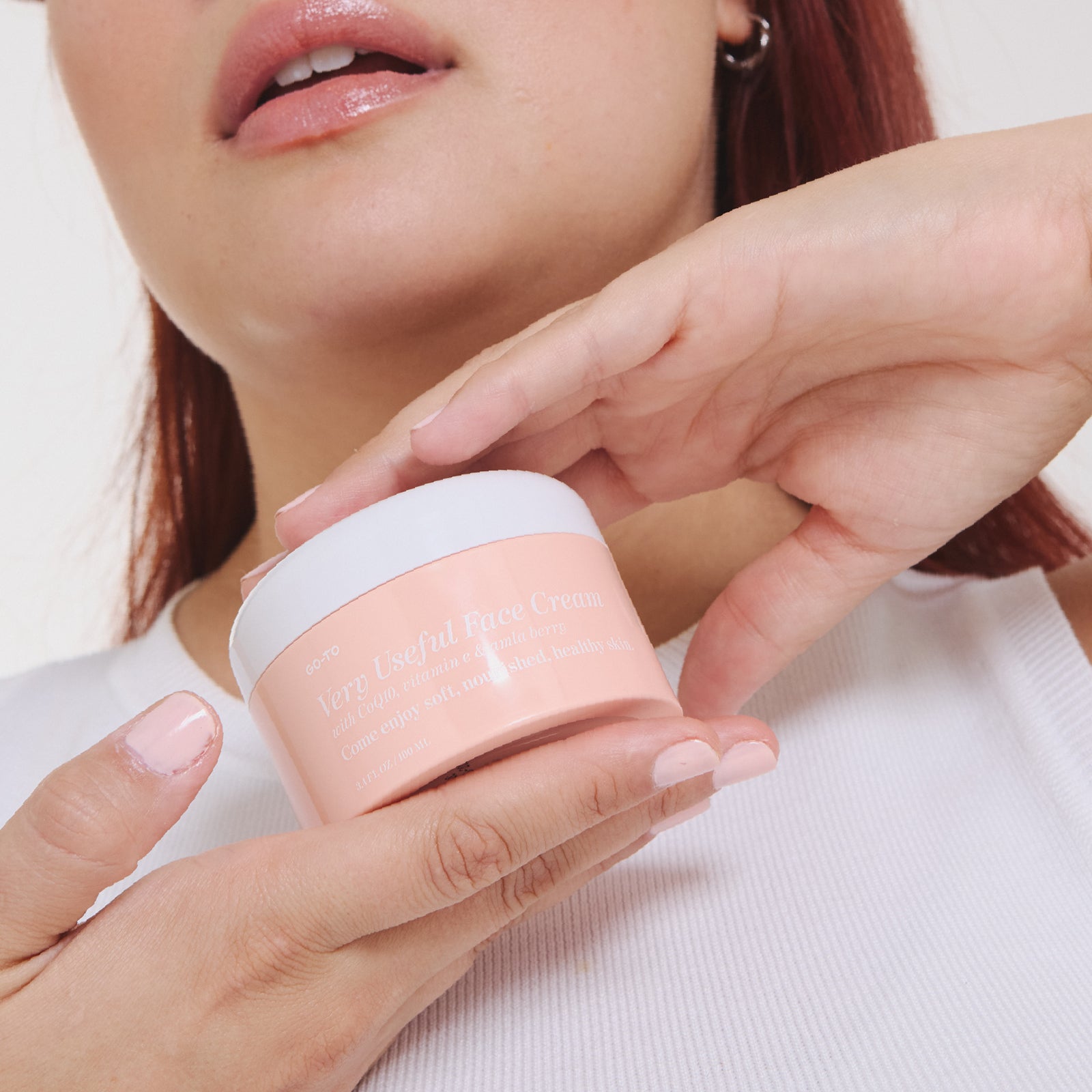

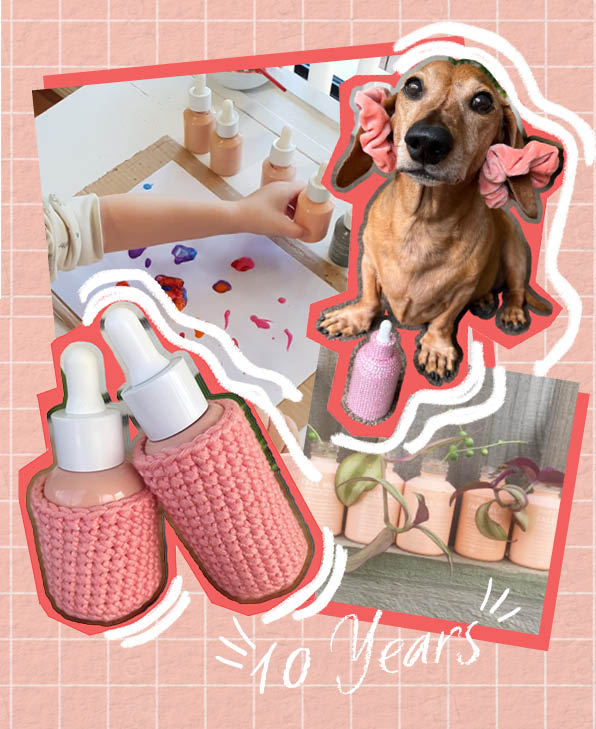

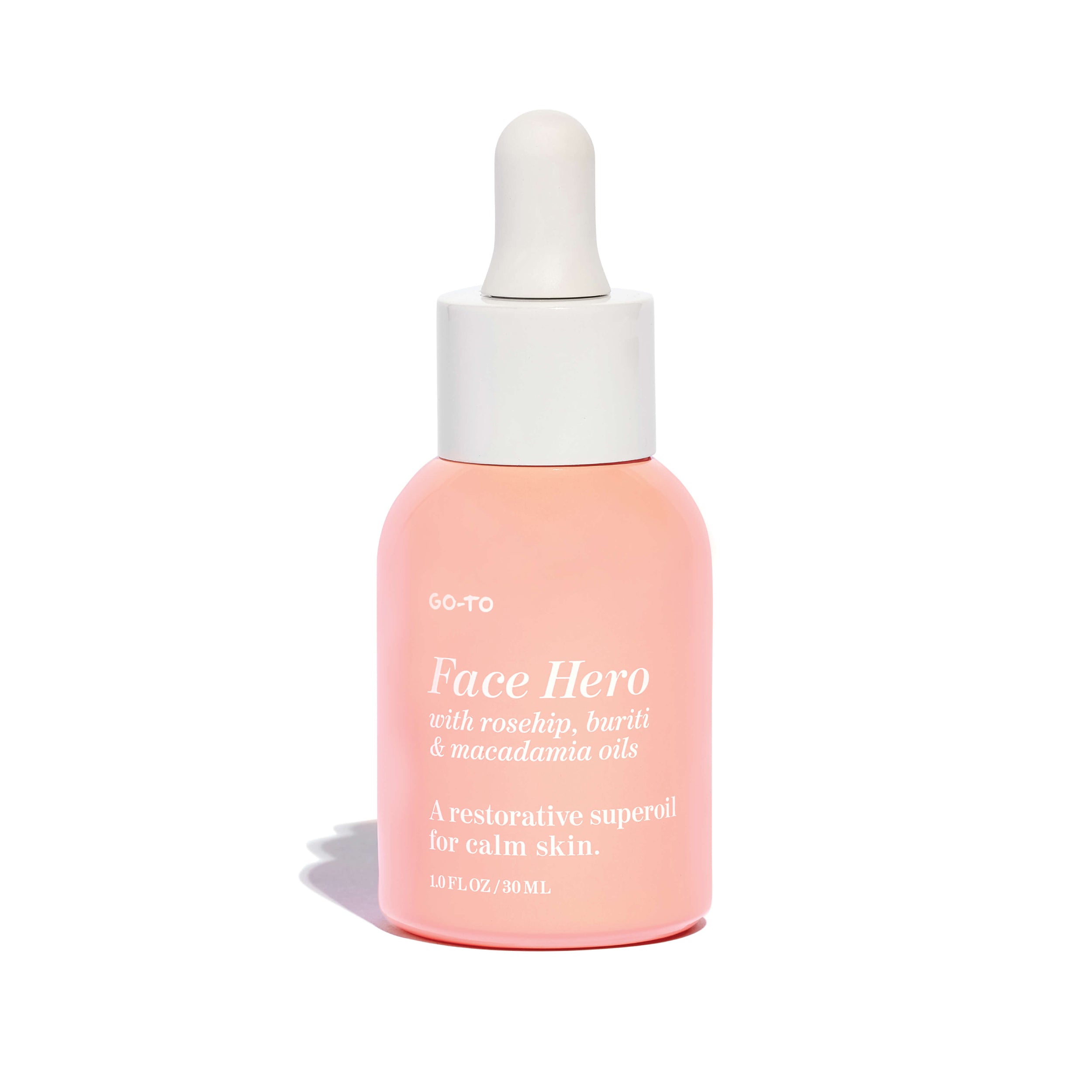
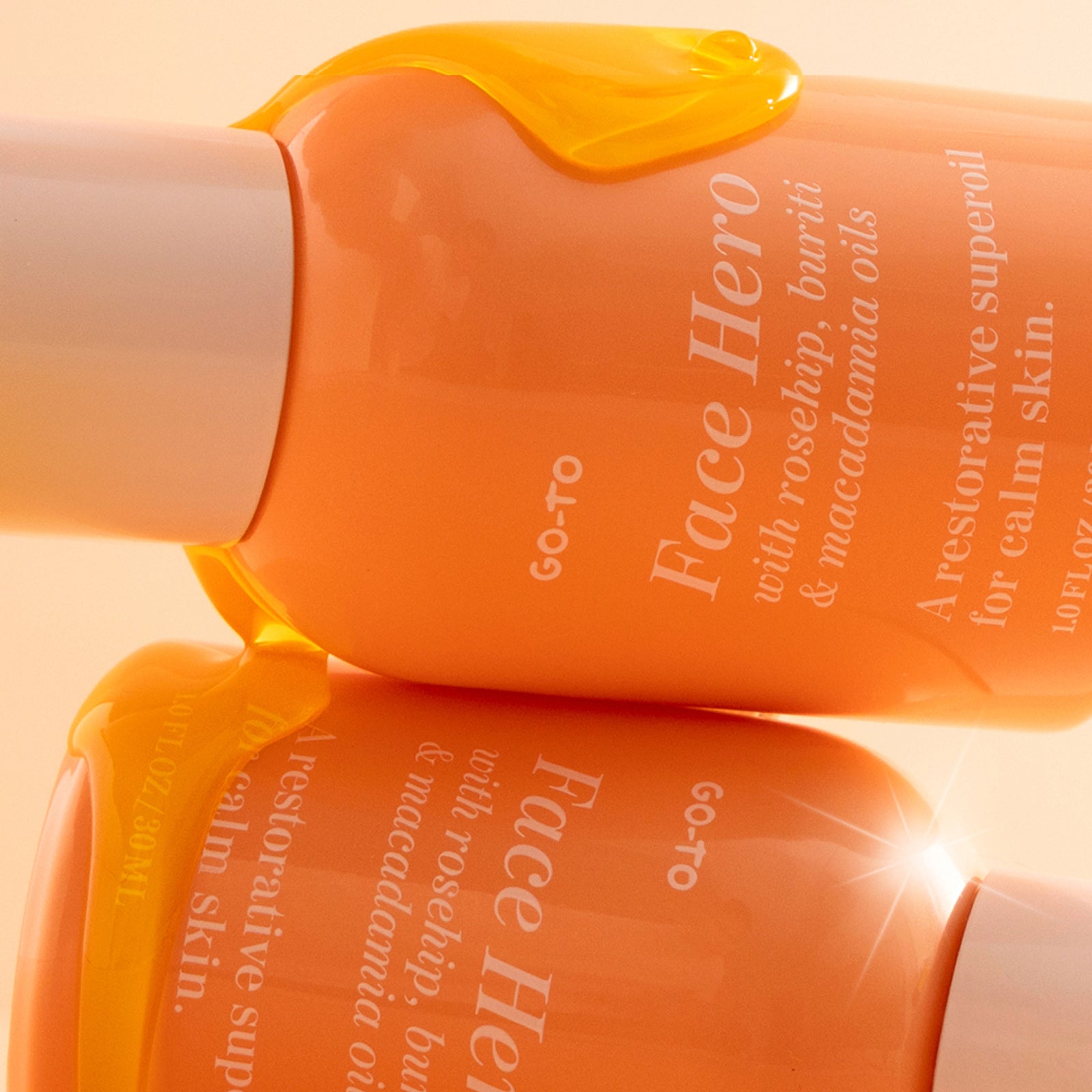
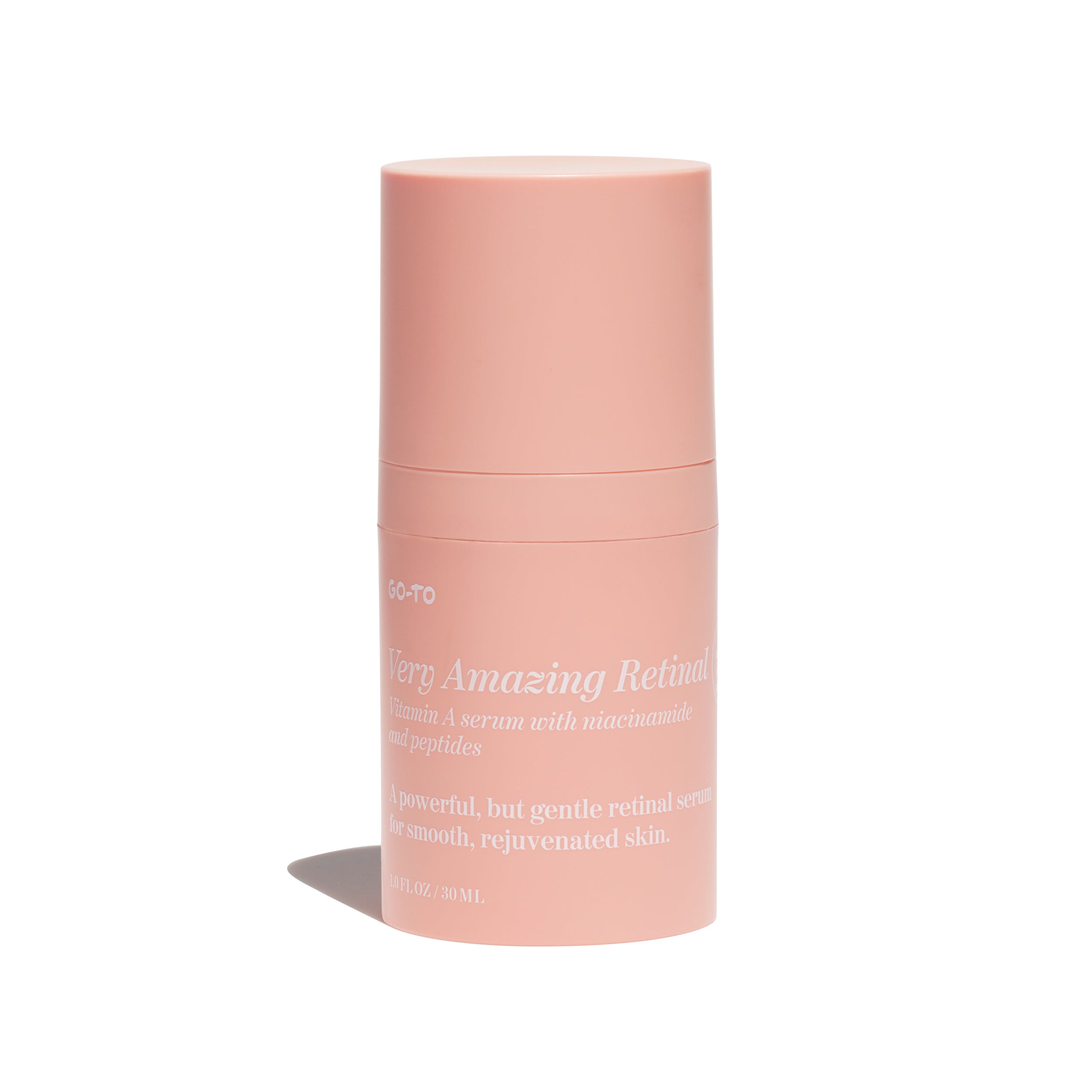

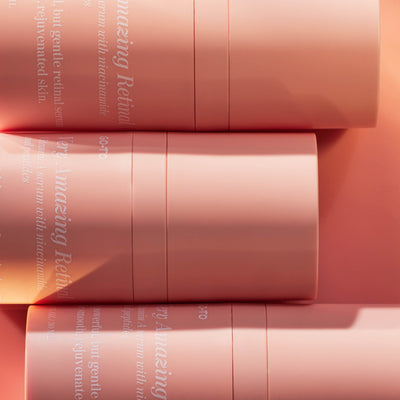
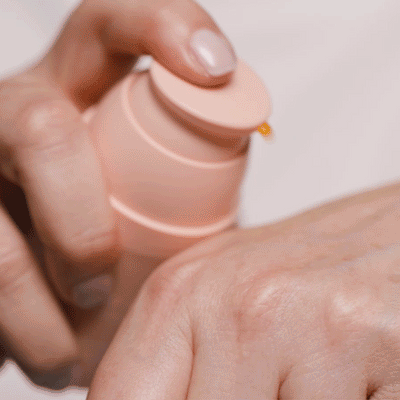
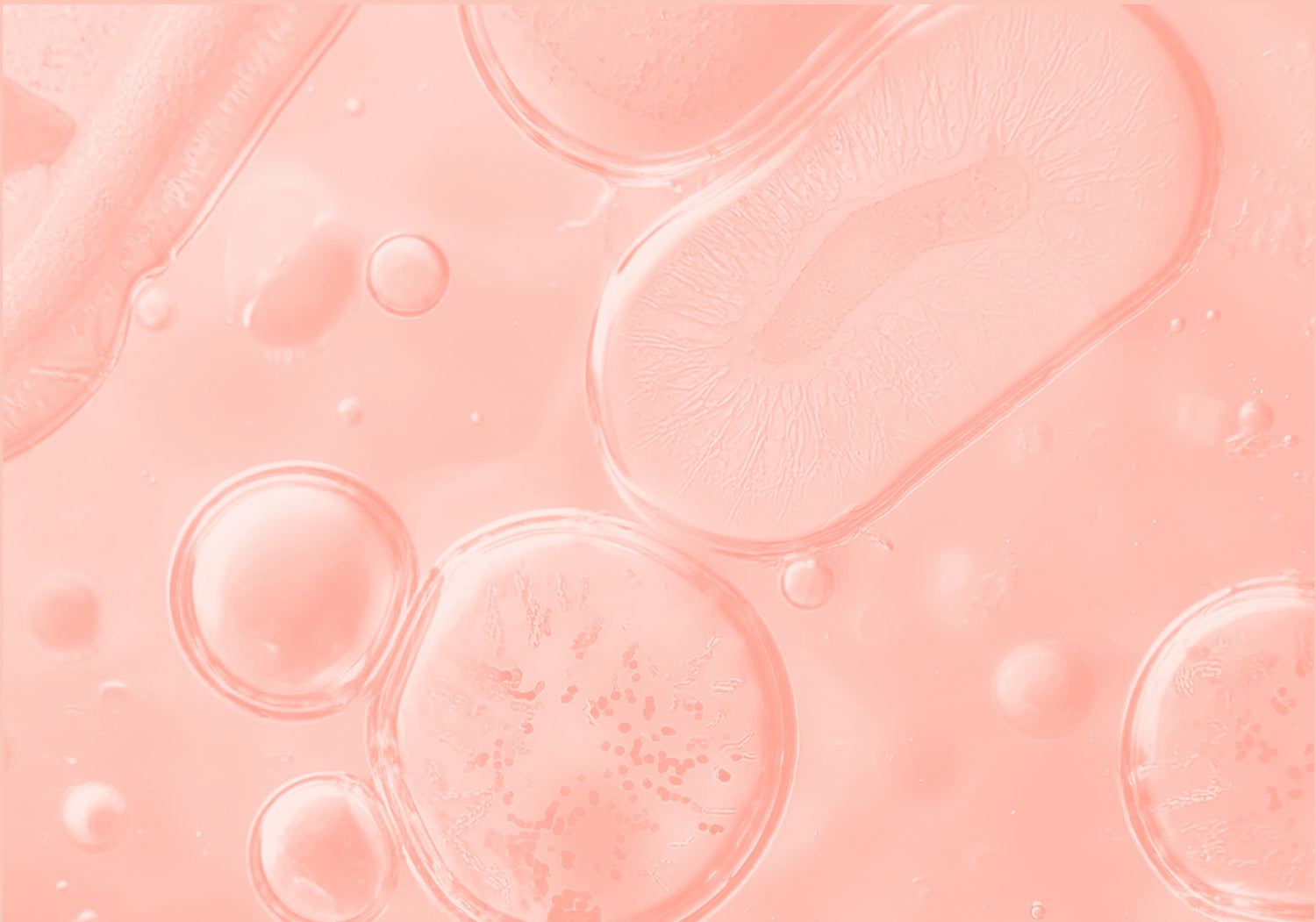

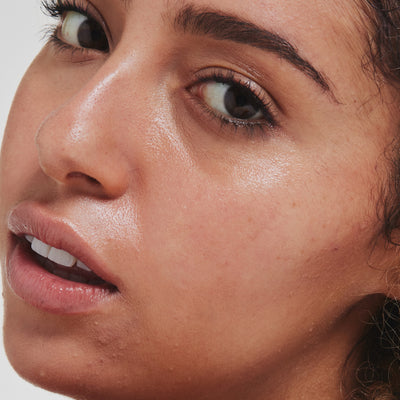
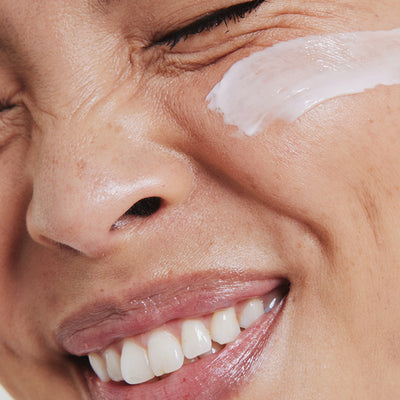
Comments